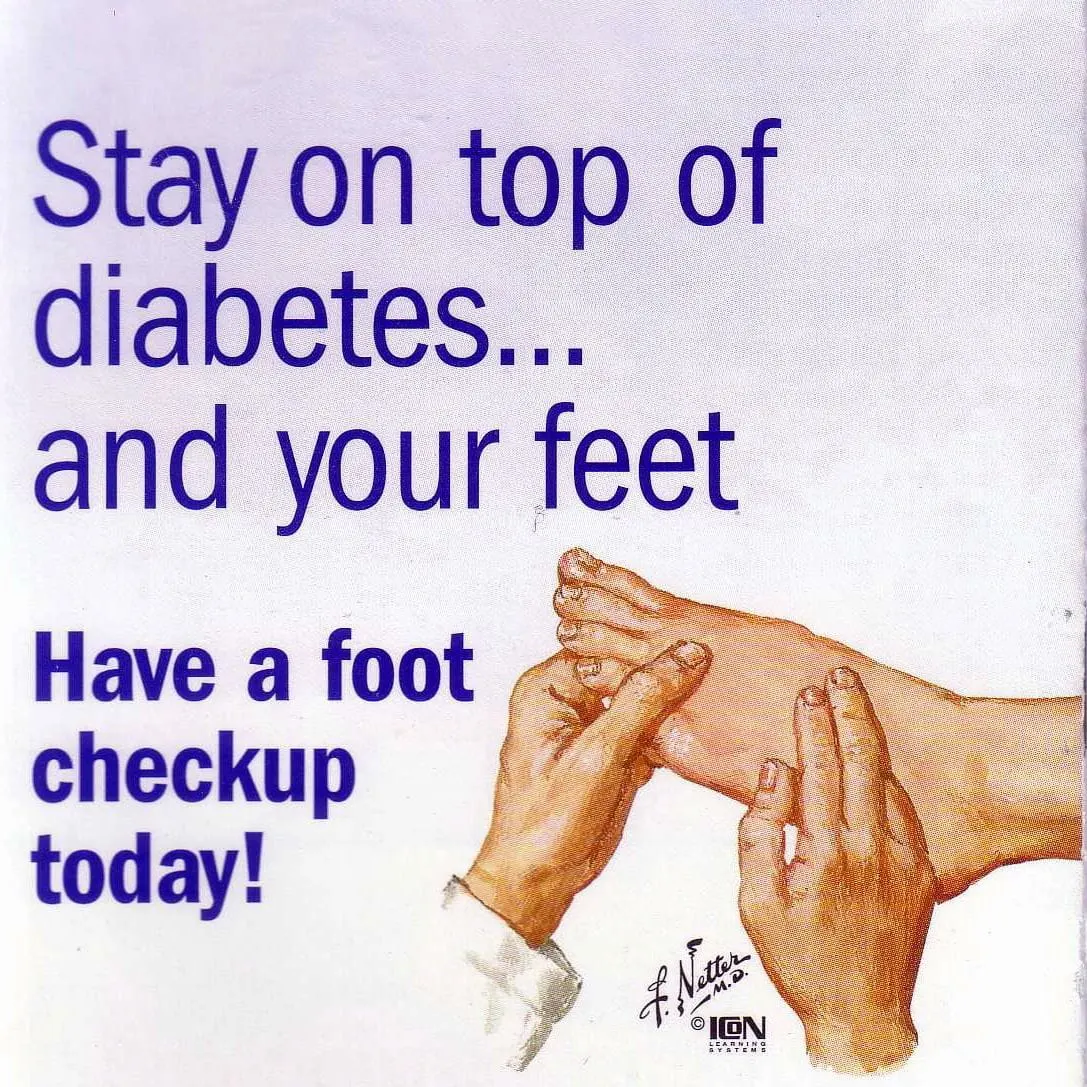We specialize in treating chronic non-healing wounds.
Are you sitting life out? At the Center for Wound Care and Hyperbaric Medicine, our medical experts provide you with individualized treatment plans that include the most advanced wound care therapies available, specifically established for your type of wound. In addition, we coordinate with your existing:
- diabetic education
- pain management
- orthopedic services
- rehabilitation
We utilize up-to-date approaches to wound healing and remain current in new scientific advances in wound care. All treatments are performed by our dedicated, experienced, multi-disciplinary wound care team.
Our specialized approach offers treatments that radically speed the healing process for wounds caused by diabetes, circulatory problems, and other conditions:
- Diabetic Ulcers
- Neuropathic Ulcers
- Pressure Ulcers
- Ischemic Ulcers
- Venous Insufficiency
- Traumatic Wounds
- Surgical Wounds
- Radiation Injury
- Vasculitis
- Burns
- Other Chronic, non-healing wounds
Hyperbaric Oxygen Therapy (HBOT)
HBOT is a procedure in which a patient breathes 100 percent oxygen while relaxing in a pressurized chamber. This delivers high concentrations of oxygen to the blood stream and the wound bed, which rapidly accelerates the healing process.
For more information about the wound care program and its treatments, please call 954-755-7505 .
Diabetes is a lifelong chronic disease that is caused by high levels of sugar in the blood. It can also decrease your body's ability to fight off infections, which is especially harmful in your feet. When diabetes is not properly controlled, damage can occur to the organs and impairment of the immune system is also likely to occur.
With damage to your nervous system, you may not be able to feel your feet properly. Normal sweat secretion and oil production that lubricates the skin of the foot is impaired, which can lead to an abnormal pressure on the skin, bones, and joints of the foot during walking and other activities. This can even lead to the breakdown of the skin of the foot, which often causes sores to develop. If you have diabetes, it is important to prevent foot problems before they occur, recognize problems early, and seek the right treatment when a problem does happen.
Diabetic Complications and Your Feet
When it comes to your feet, there are several risk factors that can increase your chances of developing foot problems and diabetic infections in the legs and feet. First of all, poorly fitting shoes are one of the biggest culprits of diabetic foot complications. If you have red spots, sore spots, blisters, corns, calluses, or consistent pain associated with wearing shoes, new proper fitted shoes must be obtained immediately. Additionally, if you have common foot abnormalities such as flat feet, bunions, or hammertoes, prescription shoes or orthotics from your podiatrist may be necessary to further protect your feet from other damage.
People who have long-standing or poorly controlled diabetes are also at risk for having damage to the nerves in their feet, which is known in the medical community as peripheral neuropathy. If you have nerve damage, you may not be able to feel your feet normally and you may also be unable to sense the position of your feet and toes while walking and balancing, which can cause even more harm to your feet.
Normal nerves allow people to sense if their shoes are too tight or if their shoes are rubbing on the feet too much. With diabetes, you may not be able to properly sense minor injuries, such as cuts, scrapes and blisters-all signs of abnormal wear, tear, and foot strain. The following can also compromise the health of your feet:
- Poor circulation
- Trauma to the foot
- Infections
- Smoking
Diabetes can be extremely dangerous to your feet, so take precautions now. You can avoid serious problems such as losing a toe, foot, or leg by following proper prevention techniques offered by your podiatrist. Remember, prevention is the key to saving your feet and eliminating pain.
